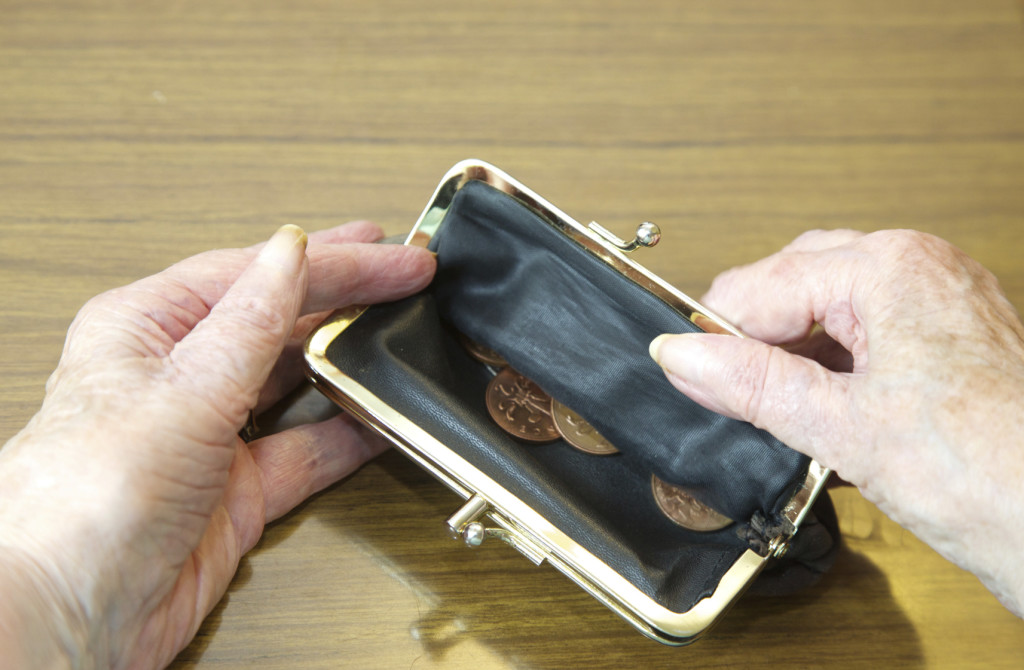Thousands of elderly in the United States who have retired from full-time jobs become parents all over again. Without assistance from local child welfare agencies, more and more kinship caregivers, especially senior citizens, don’t have enough money to make ends meet.
Many grandparents are living on fixed incomes like retirement or disability. Since that only scratches the surface of their basic needs, it’s not nearly enough to cover the cost of kinship care.
The Cost of Kinship Care: Nationwide Trend
Kinship care is one of the most common forms of foster care, and grandparents are usually the providers. However, in Idaho, there are about 11,000 grandparents who are raising grandchildren on their own without state help. Unfortunately, about 14 percent of them are also living in poor conditions. To take care of the needs of the kids, a lot of grandparents are overlooking their own necessities. And it’s not just in Idaho – this trend is nationwide.
According to a report published by MFY Legal Services in New York, it is estimated that about 150,000 kids are living in kinship situations. However, only 12,000 are officially in the care of the state. Roughly 75 percent of grandparents who are taking care of their grandchildren live on or near an income of less than $12,000 annually. Kinship care is more prominent in low-income areas throughout the country.
The American Association for Retired Persons (AARP) reports that there are more than 51,000 grandparents who live in New Jersey who are responsible for caring for their grandchildren, and over 9,000 of them are struggling financially.
The Cost of Kinship Care: Informal Kinship Caregivers
There are a number of reasons why elderly kinship providers are choosing to take on the responsibility of raising their grandchildren alone.
They might feel the abuse and neglect that occurred should stay within the family. Another major reason is caregivers may think the children will be taken away. That particular fear can be far more disturbing than worrying about where their next meal is coming from.
Some kinship providers lack education about resources that are available, while others just don’t want the state involved in any way because of the stigma that comes with the reputation of child welfare systems.
The reality, though, is grandparents and other family members who choose to informally care for their relatives forfeit access to many resources for the children like money for food and clothing and tuition assistance for college in the future. There is also a high probability they will encounter legal complications when trying to make decisions for their relatives in care, because they won’t have proper documentation or consent from the biological parents. That is, no doubt, an added headache to the financial and familial strain that already exists.
The cost of kinship care is expensive, but it doesn’t have to be. In fact, not taking advantage of services that are designed specifically for this purpose not only costs children opportunities for success, but it also costs providers chances for easier lives.
The Cost of Kinship Care: Available Resources
Kinship providers who are not licensed by their respective states have very limited benefits. On the other hand, family members who are licensed by the state have access to a variety of resources. Benefits like monthly subsidies, access to health care and programs are available for children in care. Training and local support groups are available to help caregivers parent successfully.
It is encouraged that any potential kinship caregiver learn more about what it means to be a licensed kinship provider. AARP, in conjunction with other organizations, created fact sheets that offer information about kinship care resources in each state called “GrandFacts.”
For caregivers who live in New Jersey, Foster and Adoptive Family Services (FAFS) gives access to kinship caregiver support.
It’s important to remember that licensed kinship care providers don’t give up on their families. They utilize support from the state to become better equipped to help the ones they love.

